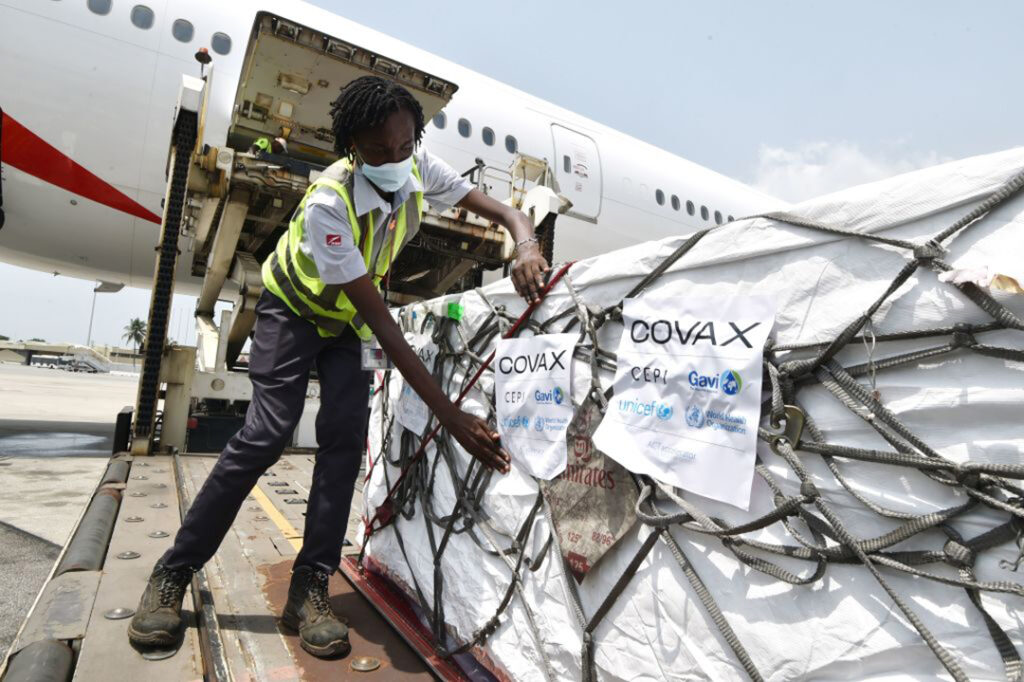ADF STAFF
South Africa’s decision to suspend use of the AstraZeneca vaccine for COVID-19 has raised questions around the world about what it means for a vaccine to be effective against the coronavirus.
Public health officials are urging people to stay informed and avoid the temptation to jump to conclusions.
“We know that people’s decisions to vaccinate are influenced by safety questions around vaccines and efficacy questions around vaccines,” Angus Thomson, senior social scientist with UNICEF, told CNN after South Africa paused AstraZeneca vaccinations in February. “So hopefully we’ll see very clear and crisp and regular communication from the South African authorities to try to sustain that trust in the program.”
UNICEF is helping distribute vaccines in Africa through the international COVAX facility. The majority of those vaccines are from AstraZeneca.
AstraZeneca’s original trials show the vaccine is 75% effective at preventing COVID-19 infection. The most recent trials, conducted in Chile, Peru and the United States, boosted that rate to 79%, meaning that nearly eight out 10 people who took the vaccine were protected against the virus.
In South Africa, however, a small study involving 1,700 young, healthy people, showed that AstraZeneca had limited effectiveness against mild to moderate cases of the N501Y.V2 variant circulating in South Africa. Those results set off a wave of concern about the vaccine.
Dr. Matshidiso Moeti, Africa regional director for the World Health Organization (WHO), has said that concern should not prevent people from accepting the vaccine, regardless of whether the variant is circulating in their countries. She told CNN the South African study was too small to make broad claims about the vaccine’s effectiveness. It also left out older people more likely to get severe infections. The more recent study included participants 60 and older.
On Twitter, infectious disease researcher Muge Cevik of the University of St. Andrews in the United Kingdom echoed that assessment:
“[T]his was a small study, so [it] cannot answer the efficacy question with confidence, and protection against severe illness is currently unknown but probable,” Cevik wrote.
Every vaccine differs in its effectiveness against COVID-19, based on its formula, its dose regimen and its success against variants.
At a minimum, however, each vaccine must prove itself at least 50% effective to receive approval from the WHO and Africa CDC. That means at least half of those receiving the vaccine must remain clear of COVID-19 compared to those who got no vaccine at all.
Studies have shown vaccines with low effectiveness rates still reduce COVID-19 symptoms, leading to fewer hospitalizations. So far, no one who has been vaccinated has died from COVID-19, according to Moeti.
Effectiveness and efficacy often are used interchangeably to describe how well a vaccine works. They are similar but not the same: Efficacy measures how well the vaccine performs in the laboratory. Effectiveness looks at how well the vaccine works in the real world, where anything from health issues to transportation can reduce results.
For example, the Moderna vaccine requires two doses 28 days apart for full effectiveness. If a person gets the first dose but misses the second, the vaccine will be less effective. African health officials have pushed to receive single-dose vaccines such as AstraZeneca or Johnson & Johnson to avoid that problem in areas where transportation can be difficult.
South Africa sold 723,000 AstraZeneca doses to the African Union’s African Vaccine Acquisition Task Team, which is distributing them to nine countries where the N501Y.V2 variant is not prevalent. Most of the countries are in West Africa, where the N501Y.V1 variant has been more common.
On March 22, WHO Assistant Director-General Mariangela Simao said no African countries have refused to vaccinate with AstraZeneca.
Dr. John Nkengasong, director of the Africa Centres for Disease Control and Prevention, has urged countries to track the N501Y.V2 and N501Y.V1 variants in their populations to ensure that the vaccines they are using remain effective.
UNICEF’s Thomson told CNN that public health authorities need to communicate clearly with their citizens about progress against COVID-19 to stamp out misinformation and mistrust about vaccines.
“We know that misinformation thrives on mistrust, on anxiety, on incertitude, and these are certainly plentiful at the moment,” Thomson said.

